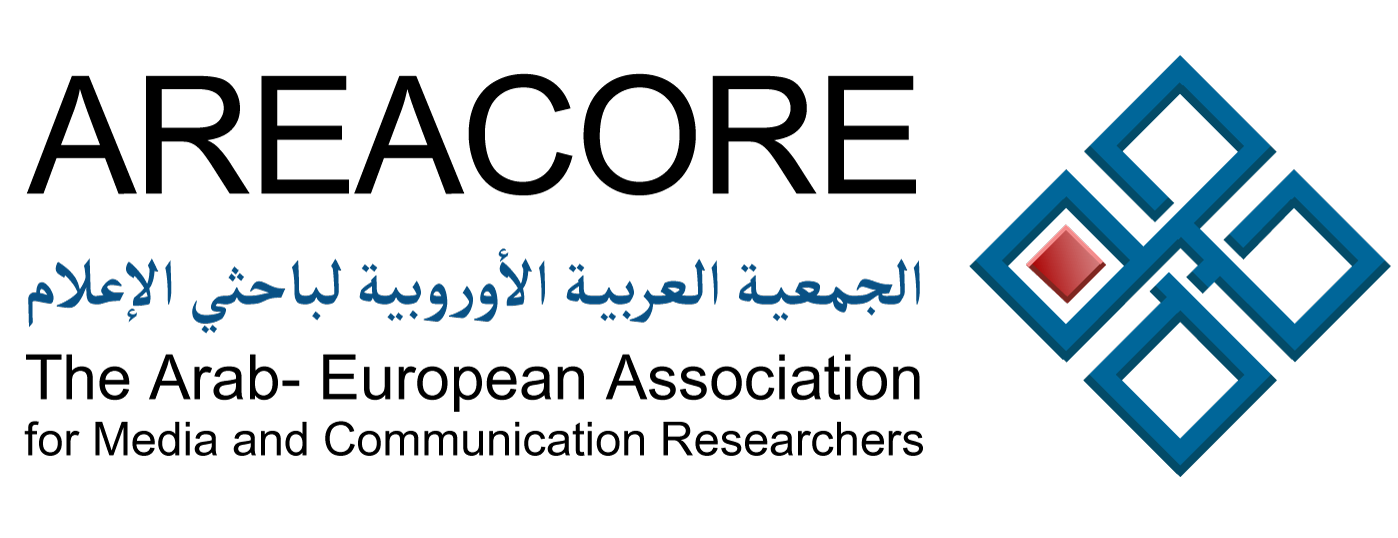Written by Doina Boev
News and Newspaper headlines announcing the crisis and different news moderators saying Coronavirus, Covid19 and Pandemie, Sars Cov2 (in German): Coronavirus, pandemic, infection and death rate
Angela Merkel: “It is serious. Please take it seriously.”
Video with the virus in its microscopical form: The Corona crisis has been described in Germany as “the biggest challenge” since the Second World War.
The global pandemic has significantly increased people’s need for information in the media.
In Germany, the news coverage by established media networks traditionally focus on expert communication in times of crisis.
Virologists became the new superstars.
However, a specific aspect has been observed throughout the media discourse. Most of the opinions portrayed were vocalized by men.
In an article criticizing the predominance of male voices, journalist Jana Hensel wrote ”if it wasn’t for Angela Merkel, Juli Zeh and the infectiologist Marylyn Addo, one could get the impression that our country consists exclusively of men”.
A study conducted by the MaLisa foundation examined TV formats of leading German media channels, as well as the online reporting of print media.
The results showed that in the TV formats, only one in five experts was female (22 percent).
In online reporting, only around 7 percent of women were mentioned as experts.
Why is this so?
The predominance of male experts in the media discourse is reflecting the reality of the German society,
as the leaders of scientific, medical and virological institutes are usually men; most of the chief physicians of clinics and nursing homes are men, as are the vast majority of economists, scientists and politicians.
Another reason might be, according to science journalist Dr. Mai Thi Nguyen Kim, that “women only go into the public eye as experts when they have held a chair for years, while men that merely studied biology feel that they can say something about the issue”
Mai Thi Nguyen-Kim, science journalist
Besides, there is another factor to be considered.
Suddenly, in the crisis, all women are gone.
With the closing of schools and kindergartens and the increasing number of people working from home, the traditional gender roles seem to be back.
For thousands of women, home office means homeschooling, cleaning and cooking while working at the same time.
The effect of women juggling their profession with childcare could be observed by the plummeting of women’s research during lockdown, while their male counterparts seem to flourish under the same conditions.
Moreover, the corona crisis affects even harder women in “system-relevant” and at the same time mostly underpaid, precarious forms of wage labor
With a predominantly male expertise who is perceiving the crisis as mostly a crisis of health and economy, many of the gendered dimensions of the COVID19 pandemic are overlooked.
One cannot help but wonder, how can these experts and the disciplines they represent correctly address realities of usually migrant, underpaid female workers when they are so far away from these realities in their privileged position?
Alongside research initiatives calling attention to the need of a feminist approach to the Corona crisis, also the organisation ProQuote, started a social media campaign with the aim of highlighting names of female experts under the hashtag #Coronaexpertin.
Drawing attention to a hegemonic media reporting and expert committee is a step towards more gender and societal equality. However, some fear that the corona crisis is drawing back some equality policies achieved nationally and globally throughout the last years and is producing new inequalities. Therefore, a sustainable outcome from the current crisis cannot consist in a return to “normality”, but in addressing and fighting inequalities that existed even before the Corona crisis.
